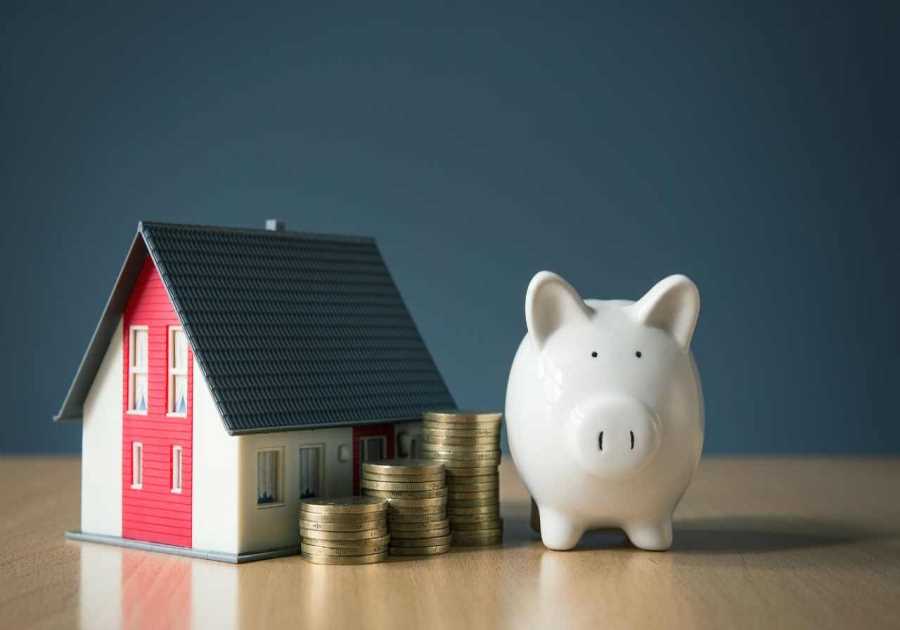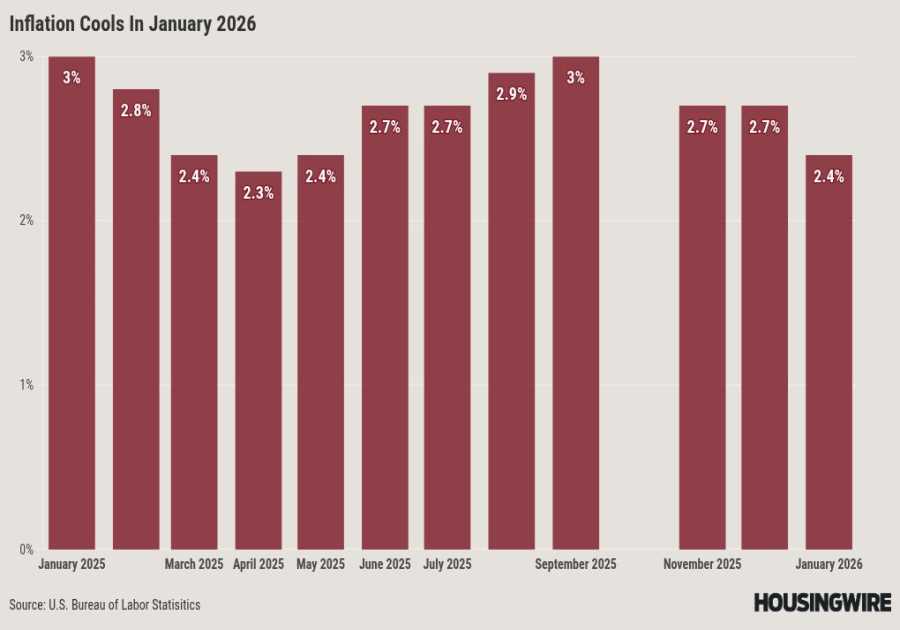The Federal Communications Commission, commonly known as the FCC, is an independent agency of the United States government that regulates and oversees communication services in the country. The agency was established by the Communications Act of 1934 and is responsible for ensuring that all communication services, including television, radio, wire, satellite, and cable, operate in the public interest.
The FCC is charged with several important responsibilities, including regulating interstate and international communication by wire and radio, promoting competition and innovation in the communications industry, protecting consumers from unfair and deceptive practices, and ensuring that the country has access to affordable and reliable communication services. The FCC also manages the allocation of radio frequencies, which are used by various communication services, including wireless devices, broadcast stations, and emergency services.
The FCC is led by a five-member commission, with the chairman appointed by the President of the United States. The agency has a significant impact on the communications industry and plays a vital role in shaping the technological landscape of the country. As communication technology continues to evolve, the FCC remains a crucial institution in ensuring that all Americans have access to essential communication services.
FCC Internet Assistance Programs
Here are the FCC-approved internet assistance programs:
- Emergency Broadband Benefit Program (EBB)
- Spectrum ACP
- Lifeline Program
- Connect2Compete
- Internet Essentials
- PCs for People
- ConnectHomeUSA
- EveryoneOn
- Access from AT&T
- Frontier Lifeline
It’s important to note that these programs may have specific eligibility criteria and availability may vary depending on location. Additionally, the FCC may add or remove programs from this list over time. It’s always best to check with the specific program or the FCC website for the most up-to-date information. Let’s get into the details of the most popular low-cost internet initiatives.
Emergency Broadband Benefit Program (EBB)
The Emergency Broadband Benefit Program (EBB) is a temporary government program in the United States that provides eligible households with a discount on their monthly broadband internet bill. The program was established in response to the COVID-19 pandemic, which highlighted the digital divide and the need for affordable internet access for low-income families. The EBB program provides a discount of up to $50 per month for broadband service, as well as a one-time discount of up to $100 for a laptop, tablet, or desktop computer. The program is administered by the Federal Communications Commission (FCC) and is set to expire when the funds are exhausted or six months after the Department of Health and Human Services declares an end to the COVID-19 health emergency, whichever comes first.
Spectrum ACP Program
Spectrum is one of the ACP internet providers, participating in the Affordable Connectivity Program, which was launched by the Federal Communications Commission, to provide affordable high-speed internet to low-income households in the United States.
To qualify for this low-income internet access program, households must be eligible for the National School Lunch Program, the Community Eligibility Provision, or Supplemental Security Income (SSI) program benefits. Additionally, households cannot have any outstanding debt to Charter Communications or have had any Spectrum Internet service within the past 30 days.
Overall, the Spectrum Affordable Connectivity Program is a valuable resource for low-income households who need reliable internet services for work, education, and daily activities but cannot afford regular internet services. This program enables qualified individuals to avail of the $30 discount when they subscribe to a Spectrum internet plan.
Lifeline Program
The Lifeline Program is a federal government initiative in the United States that provides eligible low-income households with a discount on their monthly phone or internet bill. The program aims to help bridge the digital divide and ensure that all Americans have access to essential communication services. Eligible households can receive a discount of up to $9.25 per month on their phone or internet service. The program is administered by the Universal Service Administrative Company (USAC) and is funded through fees paid by telecommunications companies.
Connect2Compete
ConnectHomeUSA is a program launched by the U.S. Department of Housing and Urban Development (HUD) in 2015 to expand access to high-speed internet for families living in public and assisted housing. The program partners with local governments, non-profits, and private sector organizations to provide low-cost internet services, devices, and digital literacy training to eligible households. The program aims to bridge the digital divide and improve opportunities for education, job training, healthcare, and communication for low-income households.
Internet Essentials
Internet Essentials is a program launched by Comcast in 2011 to provide affordable internet access to low-income households. The program offers internet services for $9.95 per month, as well as low-cost computers and digital literacy training to eligible families. The program has connected millions of low-income households to the internet and aims to close the digital divide and improve digital equity.
PCs for People
PCs for People is a non-profit organization in the USA that provides low-cost computers, internet services, and digital literacy training to low-income families, students, and non-profit organizations. The program recycles and refurbishes used computers from businesses and individuals, and distributes them to eligible households. The program aims to improve digital equity and provide access to technology for underserved communities.
EveryoneOn
EveryoneOn is a non-profit organization in the USA that connects low-income families and underserved communities to affordable internet services and devices. The program partners with internet service providers, non-profits, and community organizations to provide low-cost internet services, devices, and digital literacy training to eligible households. The program aims to improve digital equity and close the digital divide.
Final Word
In today’s world, access to the internet has become a necessity for education, employment, healthcare, and communication. However, many low-income households in the United States still struggle to afford internet services, leading to a significant digital divide. The Federal Communications Commission (FCC) has implemented several programs to address this issue and provide affordable internet services to eligible households. From the Emergency Broadband Benefit Program to EveryoneOn, these programs have helped millions of low-income families access reliable and affordable internet services.
The FCC’s commitment to ensuring that all Americans have access to essential communication services is crucial in bridging the digital divide and creating digital equity. However, it’s important to note that eligibility criteria and availability may vary depending on location, and these programs may change over time. Therefore, it’s essential to check the specific program’s eligibility requirements and the FCC website for the most up-to-date information. Overall, these programs are an excellent resource for low-income households to access the internet and participate in today’s digital world.
Interesting Related Article: “What is Web 3.0? & The Future of the Internet“
------------Read More
By: Stephanie Ross
Title: Federal Communications Commission Internet Access Programs
Sourced From: marketbusinessnews.com/federal-communications-commission-internet-access-programs/326961/
Published Date: Wed, 22 Mar 2023 14:43:45 +0000
Did you miss our previous article...
https://trendinginbusiness.business/business/meet-shou-zi-chew-tiktoks-40yearold-ceo-whos-entered-the-spotlight-as-he-tries-to-defend-the-company-from-growing-security-concerns-and-ban-threats
.png)





